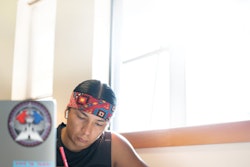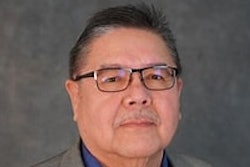The University of California, Berkeley, doesn’t have to reinstate a former untenured Native American faculty member although a jury awarded her damages for retaliating after she demanded reasonable accommodation for her physical disabilities, a unanimous state Court of Appeal panel has ruled.
It affirmed a lower-court finding that the university had reasonable grounds to deny tenure to Dr. Nimachia Hernandez and not to retain her as an assistant professor of ethnic studies.
Hernandez began teaching at the Department of Ethnic Studies in July 2000. A July 2003 car crash caused traumatic brain injury and other health problems that led to several months of medical leave. As a result, the university delayed her scheduled mid-career review from fall 2003 until spring 2005, and evaluated only the period from her appointment to the month before the accident.
The review praised her teaching evaluations and departmental service but found a “complete lack of evidence of research, scholarly productivity and/or creative work” and concluded that she had “poor” prospects for tenure, according to the decision.
The university gave her a 12-month notice of termination. In response, the student newspaper printed an open letter from a Berkeley resident calling termination a “gross injustice” and saying that “allegations of unproductiveness” were merely “an excuse used to mask the personal agendas of some self-appointed and so-called ‘native expert professors,’ department administrators and manipulated students who resent her high academic standards.”
The letter continued, “It is a blatant affront, not solely to Dr. Hernandez, but to the concerned Berkeley American Indian and disability challenged community, because healthy, non-American Indian professors have decided the fate of her collegiate teaching career.”
In part, Hernandez’s suit claimed that she faced frequent harassment, intimidation and other forms of hostility from department administrators, faculty and staff for requesting reasonable accommodation.














